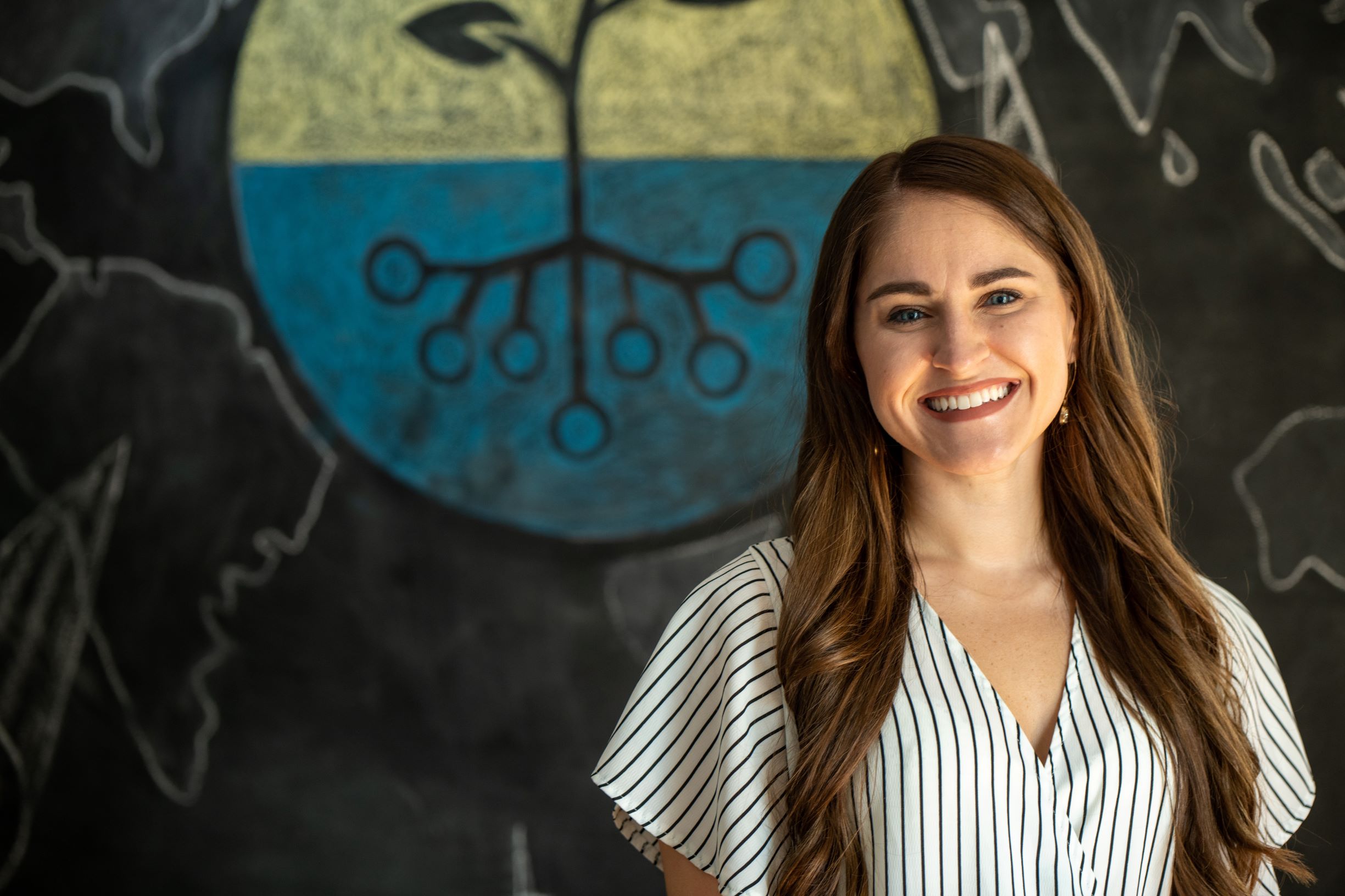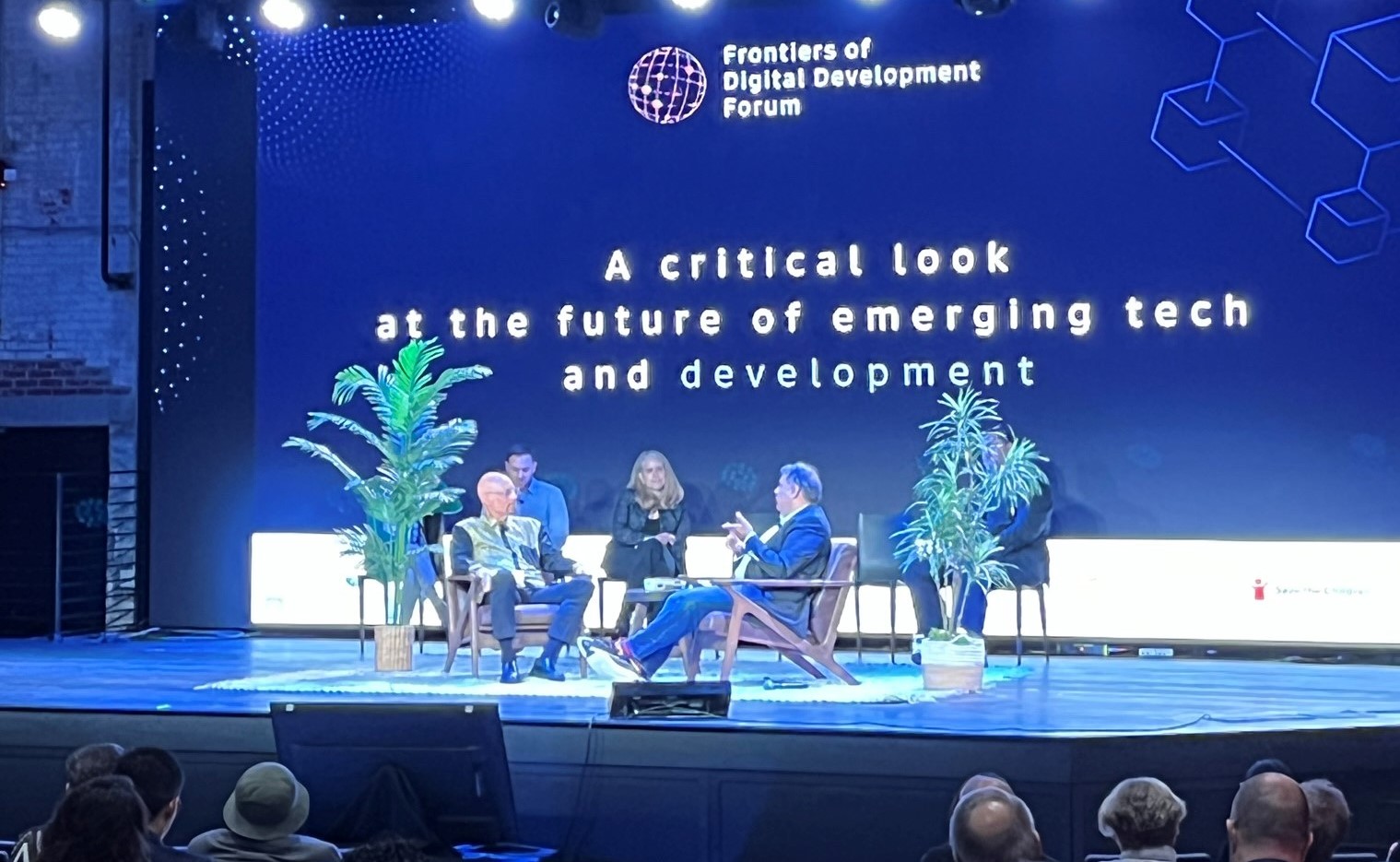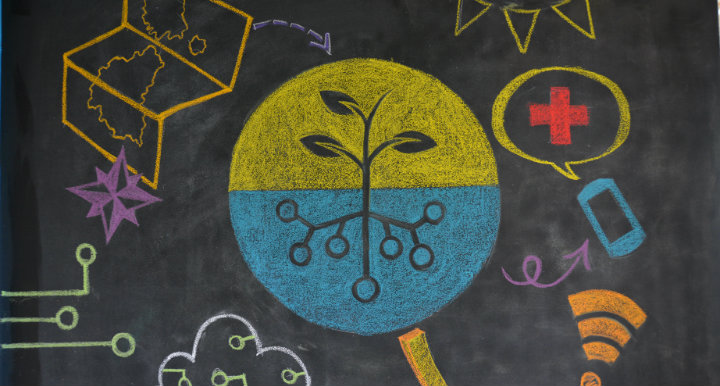Kyriacos M. Koupparis, a USAID professional and a recent TechChange alum, completed our four week course “Blockchain for International Development” this past February.
He was able to use what he learned from the course to organize a three-day blockchain workshop for his fellow USAID staff and implementing partners in Bangkok, Thailand.
We recently reached out to Kyriacos to talk about his course experience and his inspiration for developing the blockchain workshop.
What inspired you to take the TechChange blockchain course?
Given the fervor surrounding blockchain, mostly due to the BitCoin frenzy in late 2017, I wanted to learn more about the topic. While there were many resources explaining the basics of blockchain and its potential impact, most of the resources I could find focused on cryptocurrencies and the financial industry. The TechChange blockchain course was very appealing because it tailored the content for blockchain novices as well as professionals from the international development sector. More importantly, I also wanted the opportunity to discuss and hear from others in the international development sector regarding their own doubts, expectations, or actual experiences with blockchain applications.
What were your biggest takeaways from the course?
Blockchain technology may have the potential to help us tackle existing development challenges and prepare governments for changes that are underway. Many use cases were discussed, including financial inclusion, agriculture, land tenure, health, trade, and transparency in governance. While this technology holds possibilities for helping tackle inequality and narrow the wealth gap, it also faces barriers to large-scale adoption and scale.
What impact did the course have on your work?
The course inspired me to develop and implement a 3-day training and workshop in order to provide an opportunity for USAID staff and implementing partners to gain a deeper understanding of how blockchain technology works, understand the basic steps required to implement blockchain in a development project, discuss potential challenges and limitations, and examine case studies on the various potential use-cases in the international development sector including: financial inclusion, agriculture, supply chain tractability, land tenure, remittances, identity,and other areas. The first 2-days were designed as a more “traditional” classroom style training, although we did have many guest speakers from tech companies that also participated in much of the group work embedded in the training agenda. The third day was an open workshop which was attended by representatives from the U.S. government, private sector tech companies, and international organizations to discuss applications of blockchain technology in the development sector. The workshop participants reviewed the latest in blockchain technology and discussed its current and potential applications in a wide array of development sectors. The sessions resulted in increased knowledge and awareness among donors and USG staff, as well as the formation of several nascent partnerships between private sector and NGOs that will be exploring the use of blockchain technology in energy trading and supply chain traceability.
You can learn more about the “Blockchain for International Development” course here. If you’re eager to try one of our courses right now, our “Tech for M&E” course starts July 30. Apply now to secure a spot.




